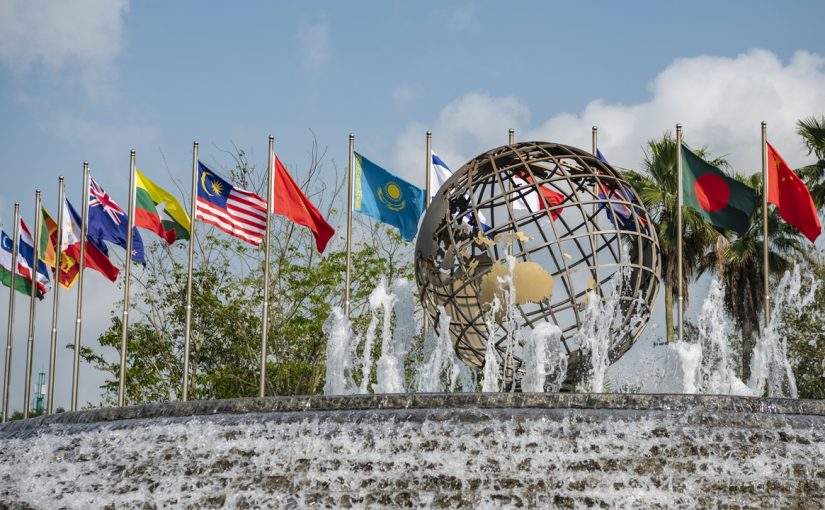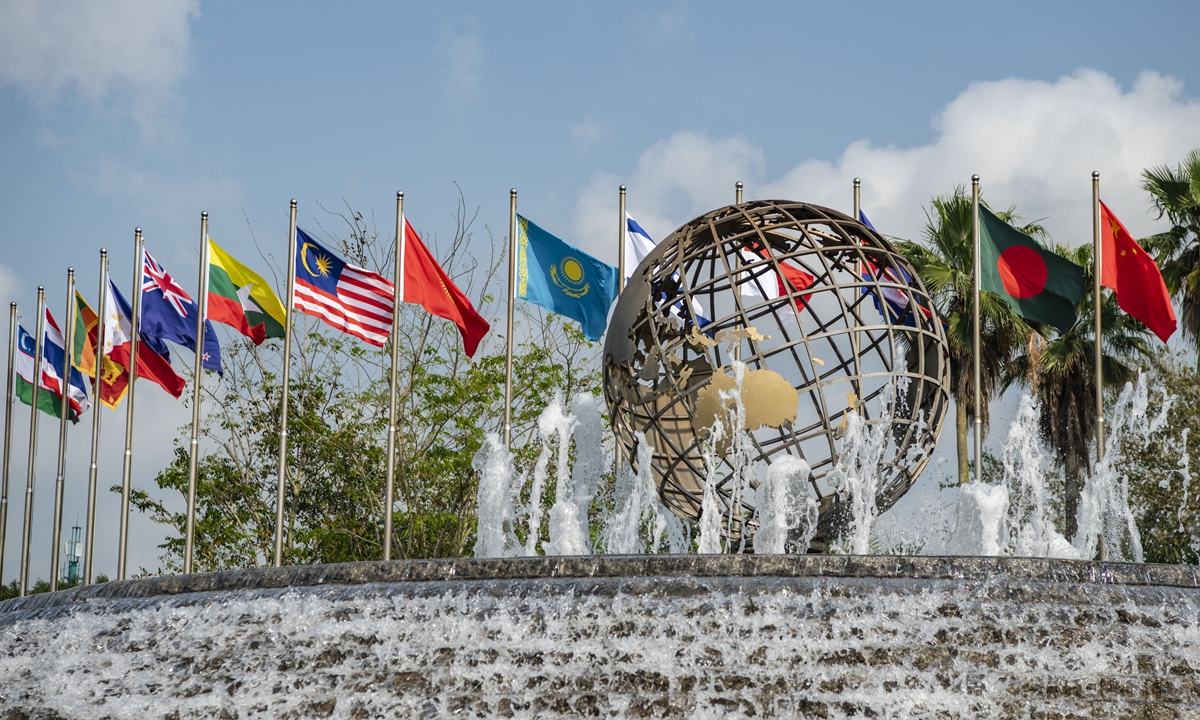
In Honiara, the capital of the Solomon Islands, boats dock at sea on November 24, 2018. Photo: VCG
As elections in the Solomon Islands approach, the geopolitical dynamics of the Pacific are drawing intense scrutiny from major global players.
This electoral event has sparked particular interest from the US, along with allegations and complaints about how the US might have been attempting to intervene.
Experts said that as China’s contact and cooperation with Pacific Island countries strengthens, the US is increasingly emphasizing its supposed superiority, but this is not resonating with the islanders.
Voting in the Solomon Islands general election is set to take place on Wednesday. It is the first election since China and the Solomon Islands established diplomatic ties on September 21, 2019. Half a month later, Solomon Islands Prime Minister Manasseh Sogavare paid his first visit to China, during which the Solomon Islands officially joined the Belt and Road Initiative.
In the past few years, the Sogavare government has actively cooperated with China, leading to progress in infrastructure construction, improvement of people’s livelihoods, and greater social stability in the Solomon Islands. Last year, the Pacific Games were successfully held in a stadium built with China’s aid.
Therefore, whether Sogavare can win this year’s election is noteworthy. But Sogavare’s attitude has aroused dissatisfaction among the US and its allies, who are accustomed to treating the South Pacific region as their own backyard.
“The US cannot tolerate the South Pacific nations developing an equal and reciprocal relationship with China. Instead, it intervenes under the guise of democracy, ultimately aiming to turn these nations into dependencies,” Li Haidong, a professor at the China Foreign Affairs University, told the Global Times on Friday.
He pointed out the consequences of such policies. “The US mentality is unhealthy, even pathological. It cannot bear the autonomous development of the South Pacific nations, nor can it stand the idea of these countries choosing their own economic development models.”
According to Yu Lei, chief research fellow at the Research Center for Pacific Island Countries of Liaocheng University, the effective cooperation between China and the Solomon Islands has become a role model and a driving force for the cooperation between China and Pacific Island countries, which has encouraged other Pacific Island countries such as Papua New Guinea to deepen their cooperation with China. This has caused significant dissatisfaction in Australia and the US.
“Word has it that the US might seek to topple and obstruct Sogavare’s government,” Yu noted.
A recent investigative article by Russia’s Sputnik news agency criticized the US’ role and intentions in the upcoming elections in the Solomon Islands. The report suggested that the US Agency for International Development (USAID) might be attempting to influence the election outcome through “democracy promotion” activities, in order to counter China’s influence in the region.
The report highlighted concerns over the security agreement between the Solomon Islands and China, which has alarmed the US and its allies who fear it could compromise the US’ “island chain strategy” in the Pacific.
The article detailed USAID activities in the Solomon Islands, including engaging with local community political leaders, civil society organizations, and influential individuals, as well as funding surveys and training programs to bolster anti-government sentiment.
An anonymous source disclosed to the Sputnik news agency that they fear the US might incite another riot during the upcoming election to achieve its geopolitical goals.
Meanwhile, according to a report from the Covert Action Magazine earlier this month, the USAID actively intervenes in the electoral processes of other countries through its Consortium for Elections and Political Process Strengthening (CEPPS), aiming to promote regimes that align with American interests.
The CEPPS collaborates with organizations such as the International Republican Institute (IRI), the National Democratic Institute (NDI), and the International Foundation for Electoral Systems (IFES), all of which have close ties with USAID, with the NDI and IRI having been created by the National Endowment for Democracy (NED), which is considered a branch of the Central Intelligence Agency (CIA).
The reported noted that the USAID’s Solomon Islands Election and Political Processes Program (SIEPP), funded through the CEPPS, has conducted voter awareness campaigns in the Solomon Islands, aiming to sway voters toward pro-American candidates.
“The US uses NGOs to interfere in other countries’ domestic politics and orchestrate color revolutions, a tactic that is no secret to the world,” Li noted, adding that such actions, often branded as promoting democracy, are perceived as attempts to sow discord and crises, drawing scrutiny and raising alarms among policymakers and citizens globally.
These so-called democracy promotion efforts, which are essentially color revolutions, are unlikely to achieve their intended outcomes due to the instability of US policies. Critics argue that the US, while chaotic in its own democratic practices, presumes to set an example for others, Li said.
This lack of calm, objective, and realistic reflections on its own democratic processes disqualifies US decision-makers from legitimately influencing the internal affairs of other nations. Consequently, these actions are met with resistance and resentment, as the results of such democracy promotion activities are often subpar and unwelcome, he noted.
Yu said the US has a variety of conventional methods to tighten control in Pacific island countries. For instance, the US directly deploys military forces in Pacific Island countries to intervene, or mobilizes local mobs and thugs to carry out subversion against some authoritarian regimes and governments perceived as disobedient to the US. The third method is to use the Pacific Islands Forum to besiege so-called disobedient countries, using economic sanctions as a way to exert pressure.
“In the short term, the effects may seem significant, such as through military occupation, which of course yields immediate results. However, in the medium to long term, the effects of the US’ activities turn out to be just the opposite. But cooperation with China turns out to be fruitful,” Yu said.
According to the Sputnik report, which cited documents provided by an anonymous source, after the Solomon Islands’ 2019 election and Sogavare’s shift away from the US, SIEPP was launched. Funded by the USAID and partners like the IFES, IRI, and NDI under the “Strengthening Democratic Governance in the Pacific Islands” initiative, SIEPP had an initial budget of nearly $10 million from September 2020 to September 2023. The program, expected to conclude in fall 2023, was extended to April 2024 with an additional $1.5 million after the election postponement by Sogavare.
In 2021, residents of Malaita and other islands expressed opposition to the Solomon Islands government’s decision to establish diplomatic relations with China, leading to violent incidents. Parts of Honiara, especially the Chinatown in the city center, were burned and looted, resulting in significant losses for Chinese nationals.
Days after the riots, Prime Minister Sogavare told the press that the crisis was influenced and encouraged by other powers. He further indicated that these forces influencing Malaita, the main island of the nation, are those that “don’t want ties with the People’s Republic of China,” according to the Sydney Morning Herald.
However, a memorandum of understanding to establish friendly exchange relations was signed last week between Malaita Province and East China’s Jiangsu Province. This new chapter follows years of skepticism, indicating a pivot toward cooperation and mutual growth, analysts noted.
“The local ordinary people and politicians of the Pacific Island countries are very pragmatic. They will support whoever can bring about substantial improvements to their lives. The Pacific Island countries also see that China treats them with real respect and equality without exerting any pollical or economic pressure on them,” Yu said.

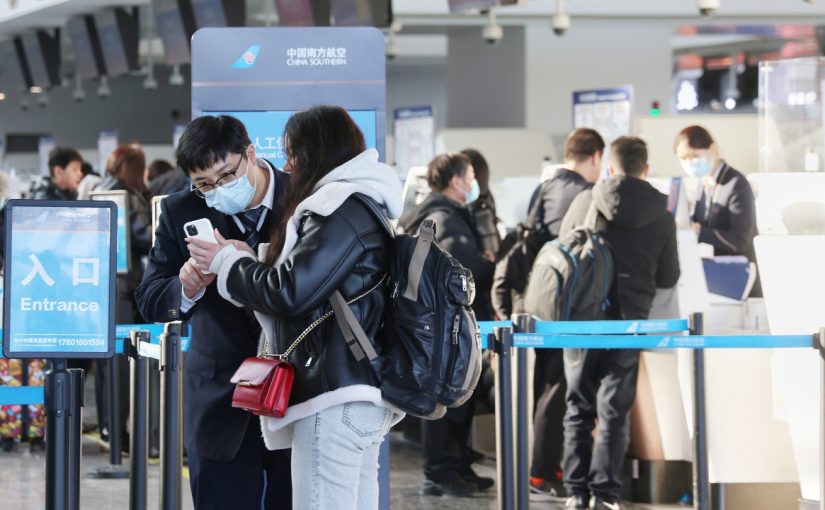
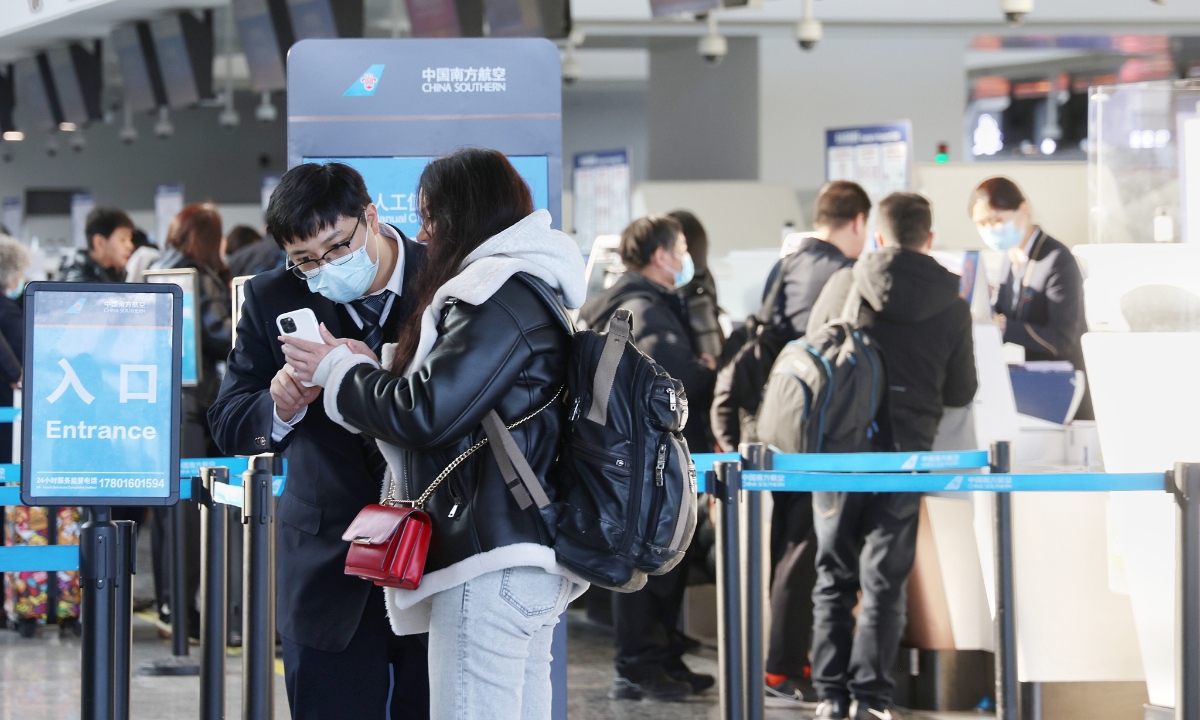


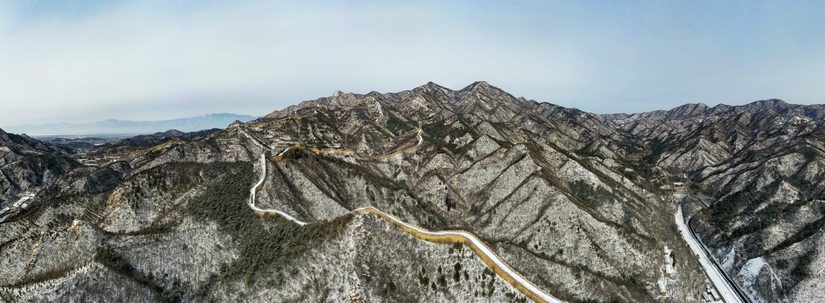
 A drone photo taken on Feb 21, 2024 shows the snow covered Badaling Great Wall in Beijing, capital of China. [Photo/Xinhua]
A drone photo taken on Feb 21, 2024 shows the snow covered Badaling Great Wall in Beijing, capital of China. [Photo/Xinhua]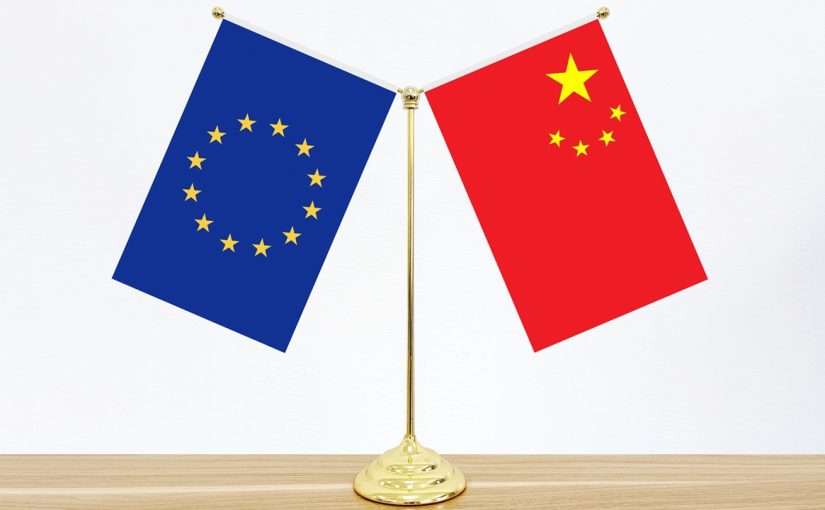
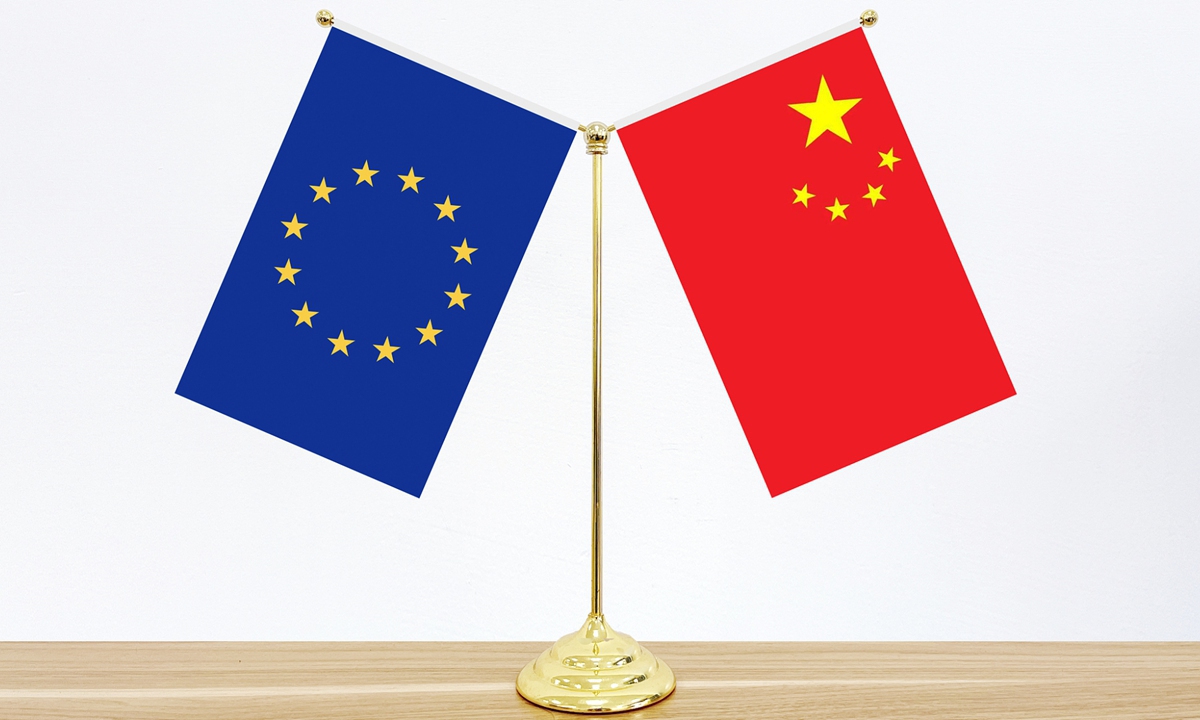
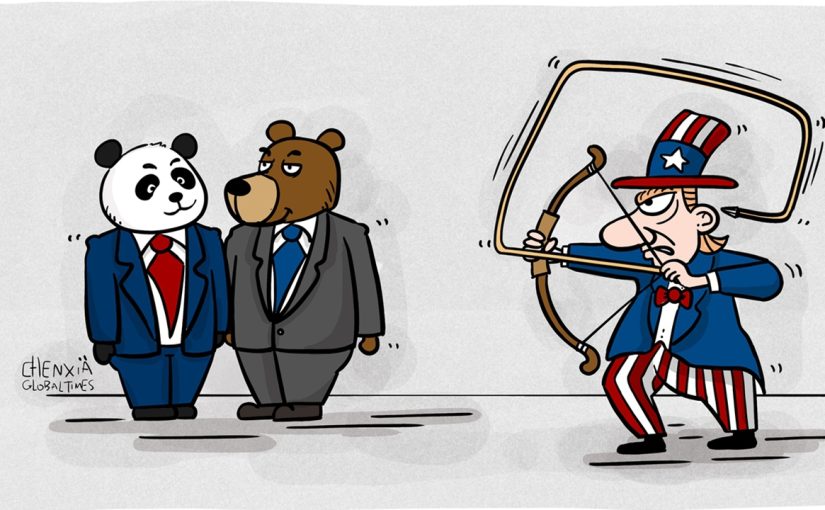
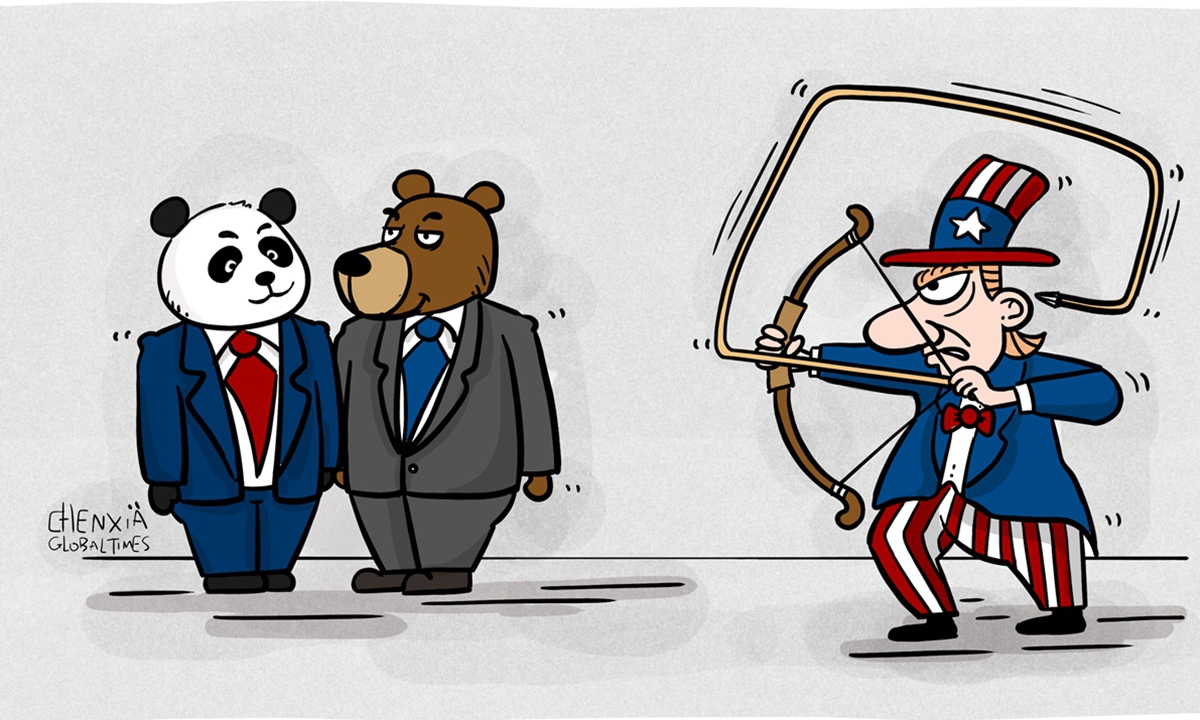

 Fashion brand SHI JIE releases its 2024 A/W collection “The Child of Nature—Rough Jade” in Hangzhou, East China’s Zhejiang province on March 30, 2024. [Photo provided to chinadaily.com.cn]
Fashion brand SHI JIE releases its 2024 A/W collection “The Child of Nature—Rough Jade” in Hangzhou, East China’s Zhejiang province on March 30, 2024. [Photo provided to chinadaily.com.cn] 
 Janaka Jayawickrama from Sri Lanka is now professor of social anthropology at Shanghai University. [Photo provided to chinadaily.com.cn]
Janaka Jayawickrama from Sri Lanka is now professor of social anthropology at Shanghai University. [Photo provided to chinadaily.com.cn] 